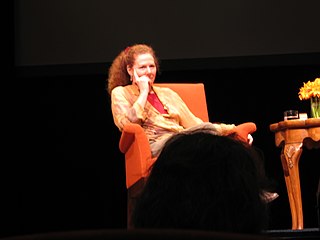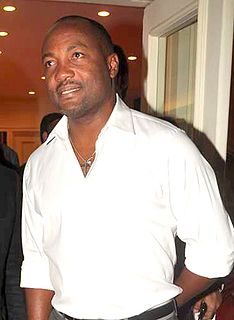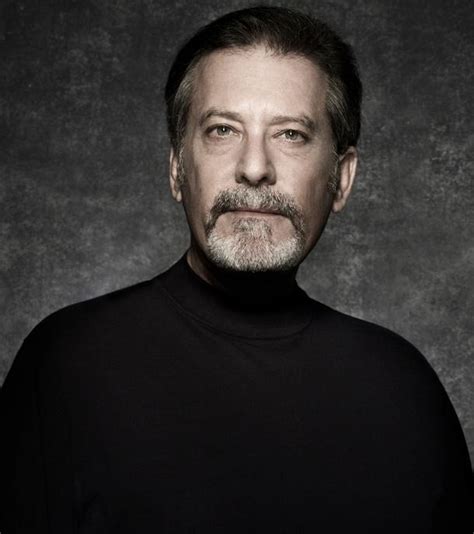A Quote by Paul Auster
The ideal reader's the same, and I suppose this person has never had a face or a gender or an age. It's just some kind of unknown other who will be sympathetic and read each word carefully and understand what I'm writing about. I suppose every writer feels this.
Related Quotes
There are many other little refinements too, Mr. Bohlen. You'll see them all when you study the plans carefully. For example, there's a trick that nearly every writer uses, of inserting at least one long, obscure word into each story. This makes the reader think that the man is very wise and clever. So I have the machine do the same thing. There'll be a whole stack of long words stored away just for this purpose." Where?" In the 'word-memory' section," he said, epexegetically.
As soon as I start to write I'm very aware, I'm trying to be aware that a reader just might well pick up this poem, a stranger. So when I'm writing - and I think that this is important for all writers - I'm trying to be a writer and a reader back and forth. I write two lines or three lines. I will immediately stop and turn into a reader instead of a writer, and I'll read those lines as if I had never seen them before and as if I had never written them.
I have been knocked down so many times, as a player and as a person, and I have had the strength, I suppose that has come from my parents, to be able to pick myself each and every single time and go out there in the face of adversity and try my best and perform. I didn't read it up in a book. It's deep down and it's part of my family trait.
No one can teach writing, but classes may stimulate the urge to write. If you are born a writer, you will inevitably and helplessly write. A born writer has self-knowledge. Read, read, read. And if you are a fiction writer, don't confine yourself to reading fiction. Every writer is first a wide reader.
No one can teach writing, but classes may stimulate the urge to write. If you are born a writer, you will inevitably and helplessly write. A born writer has self-knowledge. Read, read, read. And if you are a fiction writer, dont confine yourself to reading fiction. Every writer is first a wide reader.
The Catcher in the Rye had such a deep impact on me, because it felt like it was just Holden and me. I didn't feel like any other person had read that book. It felt like my secret. Writing that I identify with feels like it's just me and the writer. So I hope that whoever is reading what I do feels like that.
How often I have tried to tell writing students that the first thing a writer must do is love the reader and wish the reader well. The writer must trust the reader to be at least as intelligent as he is. Only in such well wishing and trust, only when the writer feels he is writing a letter to a good friend, only then will the magic happen.
So I suppose I do not know how he really looked, and, in fact, I suppose I shall never know, now, for he was plainly an object created in the mode of fantasy. His image was already present somewhere in my head and I was seeking to discover it in actuality, looking at every face I met in case it was the right face - that is, the face which corresponded to my notion of the unseen face of the one I should love, a face created parthenogeneticallyby the rage to love which consumed me.


































